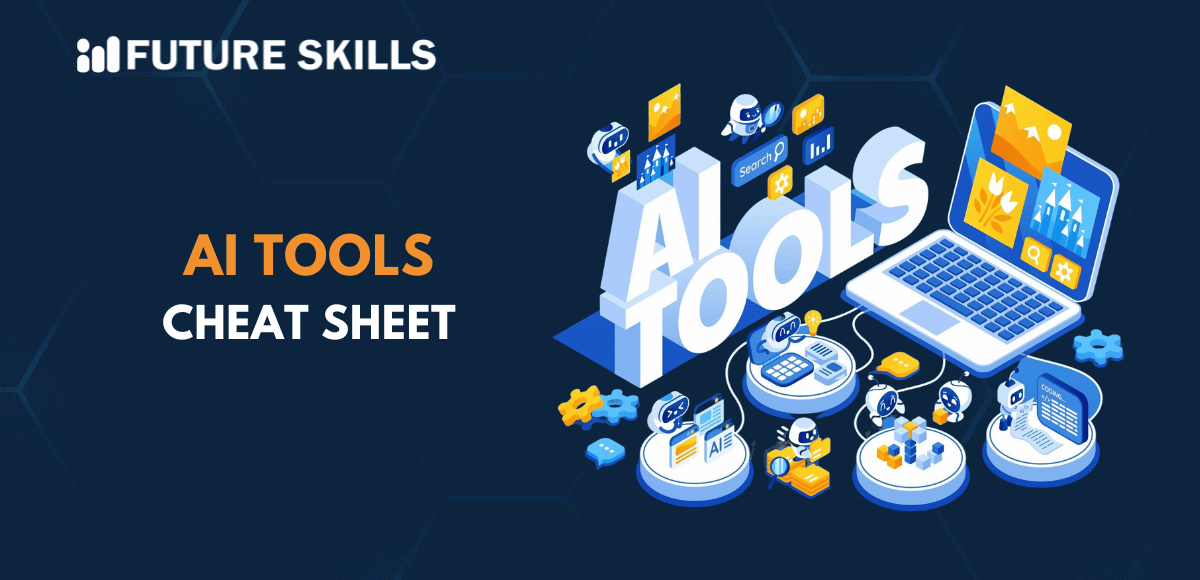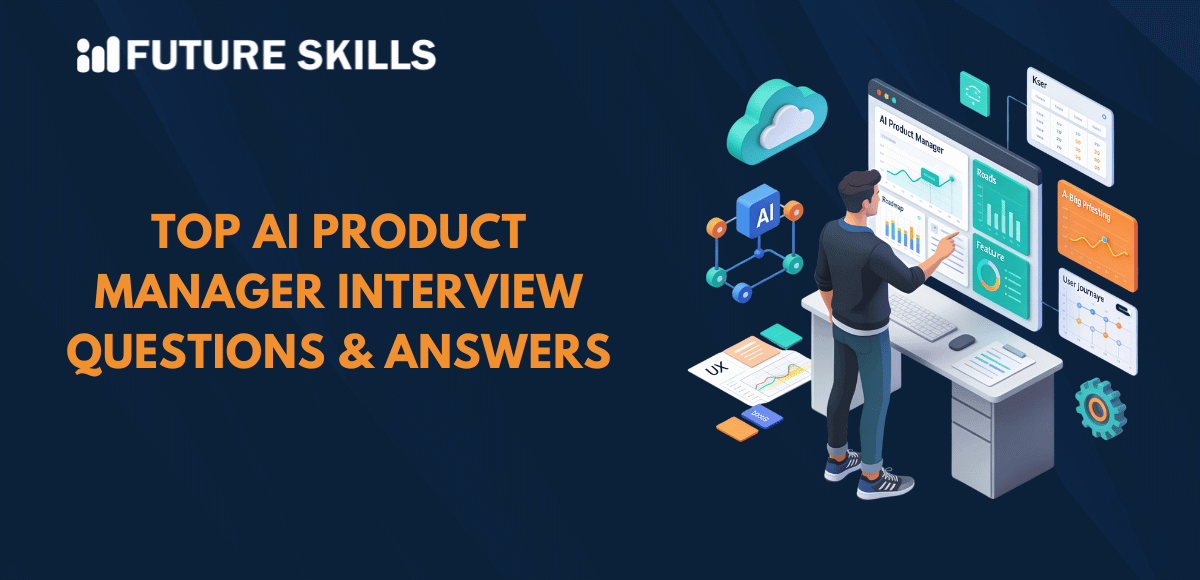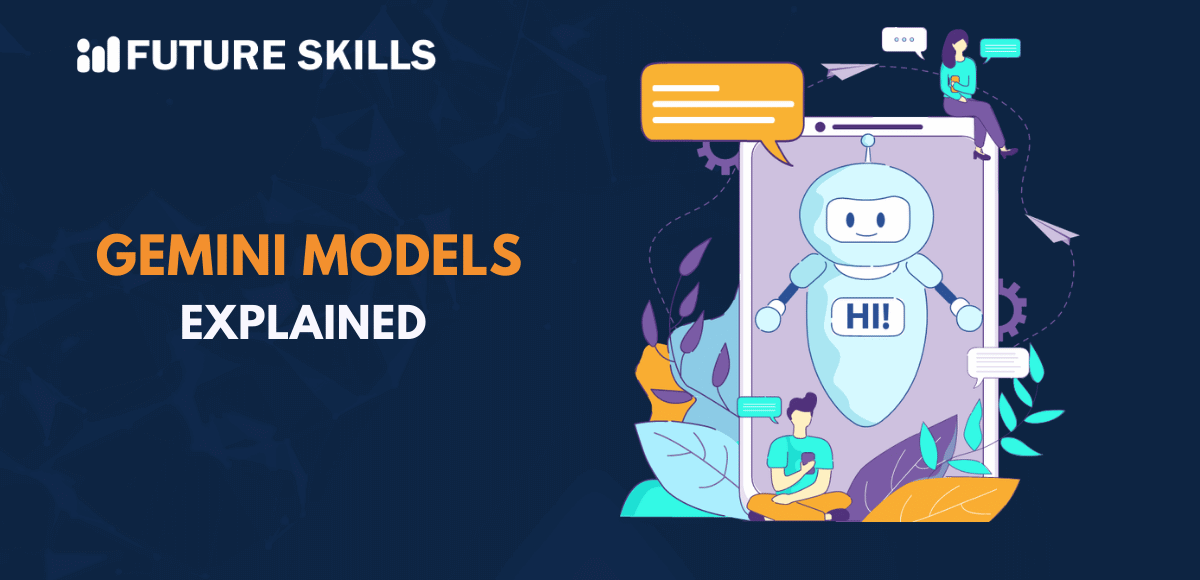Almost every business has to rely on data to obtain insights to improve their decision-making abilities. However, the overwhelming volume and variety of data generated in the domain of business presents a formidable challenge. Interestingly, machine learning and artificial intelligence offered the ideal solution to use the data to the advantage of businesses.
Therefore, discussions about the advantages of artificial intelligence have been grabbing headlines in the world of technology. Artificial intelligence can be described as the convergence of computer and data science to develop machines with human intelligence.
AI can help machines perform tasks that would have required human intervention, such as problem-solving, learning, language understanding, reasoning, perception, and many other tasks. AI systems learn from data and don’t need explicit programming to address complex tasks. Let us learn more about the workings and advantages of AI.
Level up your AI skills and embark on a journey to build a successful career in AI with our Certified AI Professional (CAIP)™ program.
How Does Artificial Intelligence Work?
The best way to start exploring AI advantages is to provide an overview of its definition and working mechanism. Artificial intelligence has penetrated different industries with the assurance of promising benefits. In a way, AI has induced a major paradigm shift in the approaches for computing by developing systems that can enhance workflows and different aspects of everyday lives of people.
You can find out more about artificial intelligence benefits by reflecting on how it works. The three crucial components of AI are data, computing power, and algorithms. AI systems learn from data and make decisions based on the data. Therefore, AI systems need large volumes of data for effective training, particularly in the case of machine learning models.
AI systems also need formidable amounts of computing resources to process large volumes of data and run complex algorithms. As a matter of fact, some businesses utilize graphic processing units or GPUs for streamlining such processes.
You can unravel the answer to “What is the main advantage of AI?” by identifying the role of algorithms in the working mechanism of AI. Algorithms refer to the sets of rules that AI systems can use to process data and make decisions. Some of the most common algorithms used in AI systems include machine learning algorithms, deep learning algorithms, and reinforcement learning algorithms.
Categories of Artificial Intelligence
You must also pay attention to the two distinct types of artificial intelligence to understand its benefits. The generalized classification of AI draws attention towards the categories of artificial narrow intelligence or weak AI and artificial general intelligence or strong AI. Weak AI is useful for specific tasks, such as image or voice recognition.
For example, Siri by Apple, Alexa by Amazon, and WatsonX by IBM are examples of narrow AI systems. On the other hand, artificial general intelligence, or AGI, can perform any intellectual task intended for humans. AGI or strong AI can understand and learn from knowledge across different domains to adapt and work accordingly. However, artificial general intelligence is still a theoretical concept.
Level up your ChatGPT skills and kickstart your journey towards superhuman capabilities with Free ChatGPT and AI Fundamental Course.
What are the Benefits of Artificial Intelligence?
The insights into the workings of AI provide a glimpse of artificial intelligence benefits and what it could achieve. Some of the notable applications of AI include the personalization of social media feeds, diagnosis of diseases, creation of chatbots for customer service, and comprehensive data analysis tasks. As a matter of fact, AI-powered robots have proved successful in minimizing radiation from wildfires and assembling cars. Here is an overview of some of the most notable advantages of AI with examples.
-
Alleviating the Impact of Human Error
The foremost additional advantage of artificial intelligence draws attention to reduction of human error. AI can help in improving precision and accuracy in different processes and systems. Artificial intelligence takes the necessary steps by using previously collected data and a collection of specific algorithms. With proper algorithm programming, you can find the ideal answer to reduce human errors.
One of the examples of reducing human error by leveraging AI points is the use of robotic surgery systems. Such systems can leverage AI to perform complex surgical procedures with accuracy and precision, thereby reducing errors and ensuring patient safety.
-
Removal of Risks
Artificial intelligence can also play a vital role in ensuring zero risks in different tasks. With AI tools and robots managing different tasks for humans, there are no risks for humans. For example, AI advantages would help ensure safety of humans when defusing a bomb or exploring the deepest parts of the ocean. Artificial intelligence removes the need for human intervention to carry out complex tasks, thereby ensuring zero risks.
The best example of the benefits of AI for risk removal point at completely automated production lines in manufacturing facilities. AI robots can complete all the tasks, thereby eliminating the risks of injury and harm in hazardous environments.
Enroll now in the AI for Business Course to understand the role and benefits of AI in business and the integration of AI in business.
-
Round-the-Clock Availability
Different studies have revealed that humans can be productive for only three to four hours a day. Why? You would obviously need the coffee break after working at your desk for a few hours. Humans need breaks to address other aspects of their lives, such as personal responsibilities.
On the other hand, artificial intelligence benefits showcase how AI does not need a break. Artificial intelligence can work seamlessly without taking any breaks and think faster than humans. AI systems can also manage complex, repetitive jobs with ease by leveraging AI algorithms.
The best example of artificial intelligence availability points to AI-powered chatbots. You can rely on them to deliver instant assistance to customers, irrespective of the time and location. AI-powered chatbots can leverage AI algorithms and NLP to answer common customer queries and resolve their issues. On top of it, chatbots can also redirect customers to human service agents for complex issues.
-
Scope for Innovation
Another important advantage of AI is the scope for innovation. The answers to “What is the main advantage of AI?” emphasize how artificial intelligence serves as the driving force for innovation in different sectors. It is important to understand that AI can serve as a valuable partner for discovering innovative solutions to challenging issues. For example, recent innovative developments in the domain of AI have helped doctors detect breast cancer earlier.
Examples of using AI for innovation also include self-driving cars, which leverage a combination of cameras, AI algorithms, and sensors to navigate through traffic and different roads without human intervention. Self-driving cars can not only improve road safety but also reduce traffic congestion.
-
Automation of Repetitive Tasks
Repetitive tasks are one of the common highlights in different industries and occupations. For example, manual verification of documents or sending acknowledgment notes are some of the repetitive tasks. However, these tasks reduce the productivity of employees and can also create concerns about human error. With the help of artificial intelligence benefits, you can automate the repetitive tasks. As a result, employees can focus on the creative and more important tasks.
For example, use of robots in manufacturing assembly lines can help in addressing different repetitive tasks, such as packaging, welding, and painting. Artificial intelligence helps in improving accuracy and speed alongside elevating efficiency and reducing costs.
Become a certified ChatGPT expert and learn how to utilize the potential of ChatGPT that will open new career paths for you. Enroll in Certified ChatGPT Professional (CCGP)™ Certification.
-
Healthcare Applications and Treatments
The best applications of artificial intelligence have been observed in the domain of healthcare. The advantages of AI in healthcare are attributed to the different applications of AI in diagnosis and treatment, clinical trials, and drug discovery. On top of that, AI-powered tools can help with the comprehensive analysis of patient data and the identification of potential health risks.
In addition, artificial intelligence can also support the development of personalized treatment plans. As a result, patients can enjoy better health outcomes. At the same time, the healthcare sector can leverage the power of innovation with AI to come up with new medical technologies and treatment approaches.
-
Unbiased Decision-Making
The most prominent advantage of artificial intelligence draws attention to the fact that it does not require human intervention. Therefore, you don’t have to worry about human bias creeping up into the operations of AI systems. Human beings may give in to emotions. However, AI systems do not have any emotions and follow a rational approach to decision-making.
With proper training, AI systems can avoid biased views and make accurate decisions. For example, AI-powered recruitment systems can focus on skills and qualifications of candidates rather than demographics. It helps in removing bias in the hiring process, thereby promoting the creation of a more diverse and inclusive workforce.
Final Words
The review of the AI advantages shows that it is a revolutionary force of change for the whole world. One of the best things about artificial intelligence is that it is not limited to a specific industry or process. Artificial intelligence offers the assurance of automation benefits alongside streamlining the decision-making process in different industries.
AI can automate repetitive tasks, reduce the risks of human error, and ensure safety of humans. Many businesses have already embraced the benefits of AI in different sectors to improve their workflows. For example, AI-powered chatbots have become a useful resource to solve common customer queries. Learn more about artificial intelligence with the help of professional instructors through comprehensive training now.





